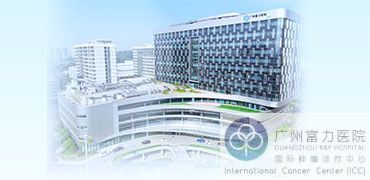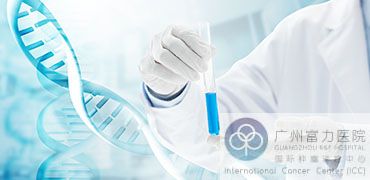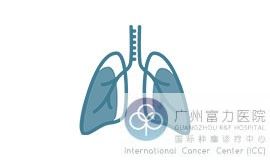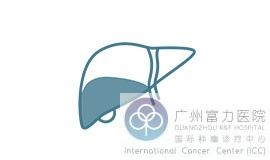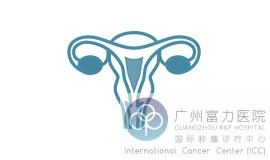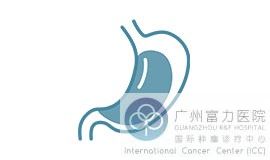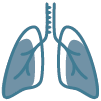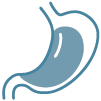Causes of Gastric Cancer
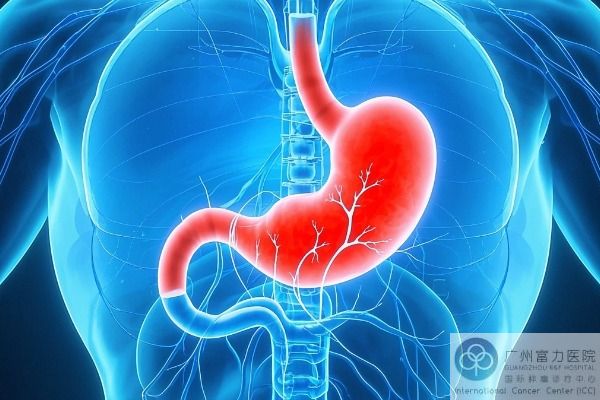
Gastric cancer is like a "deadly ghost" lurking deep in the stomach, quietly causing trouble in the most critical digestive organ of the human body - the stomach. It originates from the seemingly fragile but vital mucosal epithelial cells on the outermost layer of the stomach wall, like a "time bomb" buried at the foundation of the wall of the fortress of health. No part of the stomach can escape its "clutches", among which the antrum and pyloric area of the stomach become the main battlefield where it "ravages" most, with the highest incidence rate; followed by the cardia area of the gastric fundus, which is also frequently attacked; although the gastric body is slightly less frequently attacked, it should not be taken lightly either. Once the disease occurs, cancer cells are like greedy "invaders" that wantonly invade the depth and breadth of the stomach wall, ruthlessly destroying the normal tissue structure and physiological functions of the stomach, and bringing endless haze to the patient's body and life.
The global cancer statistics for 2020 released by the International Agency for Research on Cancer (IARC) sounded like a heavy alarm bell to the world. Statistics show that gastric cancer ranks among the top 5 among all cancers with an incidence rate of 5.6%. It is like a sword of Damocles hanging high in the air, threatening human health and well-being at all times and plunging countless families into panic and grief.
So can mid- to late-stage gastric cancer be cured? Minimally invasive techniques with little side effects and trauma can help gastric cancer patients avoid surgical resection, avoid the pain of traditional radiotherapy and chemotherapy, effectively prolong survival and improve quality of life.
Gastric cancer is a multifactorial disease, and its causes mainly include the following aspects:
Helicobacter pylori infection
Helicobacter pylori is a Gram-negative bacterium that mainly lives in the human stomach and duodenum. It can damage the gastric mucosa and cause chronic inflammation. Long-term infection may lead to gastric mucosal atrophy and intestinal metaplasia, thereby increasing the risk of gastric cancer. According to statistics, about 70% - 90% of gastric ulcers and 70% of duodenal ulcers are caused by Helicobacter pylori, and patients with gastric ulcers have a relatively high risk of developing gastric cancer.
Bad eating habits
High-salt diet: Long-term intake of high-salt foods, such as pickles, pickled meat, salted fish, etc., will damage the protective barrier of the gastric mucosa, directly exposing the gastric mucosa to gastric acid and other harmful substances, easily causing diseases such as gastritis and gastric ulcers, and increasing the incidence of gastric cancer.
Lack of fresh fruits and vegetables: Fruits and vegetables are rich in antioxidants such as vitamin C, vitamin E, carotene, and nutrients such as dietary fiber. These substances help to eliminate free radicals in the body, reduce gastric mucosal damage, promote intestinal peristalsis, and excrete harmful substances. If your diet lacks fresh fruits and vegetables, your body may lack these protective factors and your risk of stomach cancer may increase.
Long-term consumption of smoked, fried, or moldy foods: Smoked, fried foods contain carcinogens such as polycyclic aromatic hydrocarbons and benzopyrene, while moldy foods contain aflatoxin. These substances are highly carcinogenic and long-term consumption will increase the risk of gastric cancer.
Gastric diseases
Gastric ulcer: The gastric mucosa of patients with gastric ulcer is damaged and ulcerated. If it does not heal for a long time, the inflammatory stimulation will cause abnormal proliferation of gastric mucosal cells and increase the possibility of cancer.
Gastric polyps: especially adenomatous polyps, are considered a precancerous lesion. The size, shape, and pathological type of polyps are related to the risk of cancer. Generally, the larger the polyp and the more villous adenoma components it has, the higher the risk of cancer.
Chronic atrophic gastritis: Under long-term inflammatory stimulation, the gastric mucosa causes the gastric glands to gradually atrophy, the secretion of gastric acid and pepsin decreases, and the digestive function of the stomach declines. At the same time, the gastric mucosal epithelial cells may undergo intestinal metaplasia or atypical hyperplasia, and then develop into gastric cancer.
Genetic factors
Gastric cancer has a certain genetic tendency. If there is a relative in the family with gastric cancer, then the risk of his or her immediate family members developing gastric cancer will be 2 to 3 times higher than the average person. Genetic factors may increase an individual's susceptibility to gastric cancer by affecting gene expression and regulation in cells, but the specific genetic mechanism has not yet been fully clarified.
Other factors
Environmental factors: Geology, the lack or excess of certain trace elements in water sources, and environmental pollution may be related to the occurrence of gastric cancer. For example, long-term exposure to industrial waste gas, automobile exhaust gas and other environments may lead to exposure to some carcinogens and increase the risk of gastric cancer.
Smoking and drinking: Smoking will cause the blood vessels in the gastric mucosa to constrict, reducing the blood supply to the gastric mucosa. At the same time, harmful substances such as nicotine and tar in tobacco will enter the stomach, irritate the gastric mucosa, increase the risk of gastritis and gastric ulcers, and may induce gastric cancer. Excessive drinking can cause direct damage to the gastric mucosa, causing congestion, edema, and erosion. Long-term alcoholism can also affect the stomach's digestion and emptying functions, increasing the possibility of gastric cancer.
Mental factors: Long-term mental stress, emotional instability, depression, anxiety and other negative mental states will affect the regulatory function of the neuroendocrine system, leading to slower gastrointestinal motility, digestive juice secretion disorders, and weakened gastric mucosal barrier function, which can easily cause stomach diseases and increase the risk of gastric cancer.
Use precise technology to create more possibilities for life.
The Cancer Center of Guangzhou R&F Hospital has opened an era of "chemotherapy-free survival" for cancer patients, winning a lasting victory for life. If you or your family are facing difficulties in cancer treatment, please contact the Guangzhou R&F Hospital Cancer Center. We offer multilingual medical history consultations, contact us today to get an assessment of your treatment eligibility.
Contact Us:
email: rfcancercenter@gmail.com |
WhatsApp: +86 18565157271




